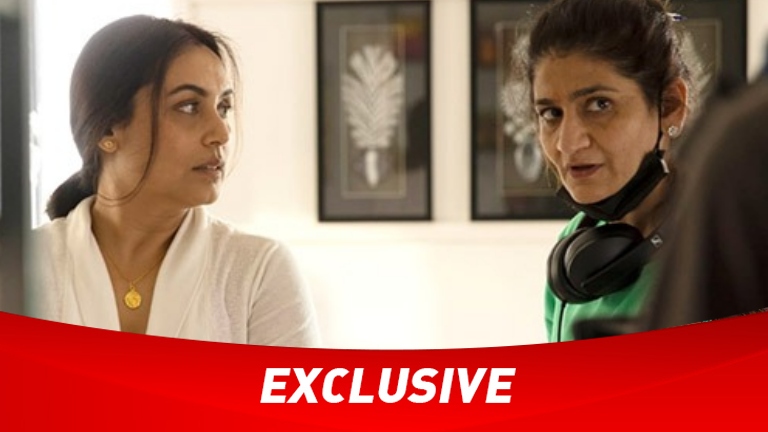
On March 17, Rani Mukerji returns to the big screens with an emotional true story of a mother’s fight against a whole nation in Mrs Chatterjee Vs Norway. The story depicts the struggle of a mother in Norway whose kids are taken away by the government. How she fights to get them back makes for a heart-wrenching story and the film is directed by Ashima Chibber.
Recently, the director got into an exclusive conversation with Bollywood Bubble. She opened up on the impact of the film and working with Rani. She also discussed the real story of Sagarika Chakraborty, whose life has inspired Mrs Chatterjee Vs Norway. Ashima remembered her late mother too, who passed away before the shoot of the film. She recalls her contribution and how she plans to take her legacy forward. Excerpts from the interview:
While the film has garnered some rave reviews, rarely does it happen that a trailer has such a strong impact. There was Boycott Germany trending on social media about a similar case that got highlighted after the trailer. How did it feel getting a response like this?
“My agenda with the film was always to bring out the mother’s emotions on screen. I built this story with that focus on what happens to a mother when her kids are taken away from her. As the film’s title suggests, it’s Mrs Chatterjee Vs Norway. It is a mother’s story, all the other things that come with it including the political angle, that is not what excited me as much as the story of the mother. Being a single mother myself, I couldn’t even imagine leaving my child even overnight. Mothers have a certain instinct that binds them with their child.”
How influential has been the role of your mother in your life?
“She was so important in my life. My mother passed away before the filming of Mrs Chatterjee Vs Norway. But she has sent blessings from above and I love my mother. She loved two things, knitting and me, and I have dedicated this film to her. The emotions of a mother is what I experienced through my own mom the first time.
We had a garden in front of our house where a bird had given birth to some babies. She would check up on them daily and one day she got up a bit late. That day she got so worried if they had eaten on time, and I told her that they are birds, they won’t wait for us to feed. But only a mother could think of a bird as a mother and not just another specie. Once you become a mother, everything else becomes a second priority.”
Did you discuss the script with your mother often while writing it?
“I did and my mother would cry so much every time we did. When I told her the story, she broke down thinking what that woman must have gone through. Imagine 610 days without your children, in which one is a breast feeding child. You can’t even imagine the hell she must have gone through and the strength she must have got to fight a whole system. While your mind might know what is happening, your body don’t. It is still producing milk. Your body doesn’t know where you are. You continue being a mother.”
You have previously worked with mostly fresh faces in your directorial. This is the first time you directed a star like Rani Mukerji. Did your process changed in any way because of that?
“Yes. Rani is so good as a collaborator. She is so thorough with her work that you are constantly wanting to better yourself. That pressure is there and you can’t go in underprepared in front of her. They are stars for a reason. There is no NG take in my edit. She is perfect, and even Anirban Bhattacharya, Jim Sarbh and the foreign cast. As a director, you have to be prepared completely. The chemistry between Rani and Anirban as a couple is so amazing that at times, I would forget to say cut. I would be so engrossed in their scenes in Bengali.”
Was there any sequence in the film where the emotions of a mother in you kind of overpowered the director?
“For me, it was an everyday thing. The minute Rani would start crying, I would start crying looking at the monitor because I couldn’t bear it. Her performance is superlative and exemplary. I could not stop crying and I decided that I won’t stop myself also. It is my privilege to get to work with Rani Mukerji and see her on the monitor delivering the lines and vision that I had written. I have cried more than Rani in fact.”
How did you got to know about Sagarika’s story, the one that inspired this film?
“When it came in the news 10 years ago, it already had a very big impact on me. When I heard that a 3-month-old child was taken away from their mother, I couldn’t even imagine that something like this could happen. But then life went on and I forgot about it.
When this story came back to me as a film idea, it returned like a tsunami because I was just a new mother then. I had a baby and my body and my emotions were raw. I felt the same emotions that anyone seeing the film will have. They would want to hug their mothers tightly after seeing it.”
The industry has already showered so much love on the film. Has their been any response in particular that has stayed with you?
“I don’t want to get emotional but I know my own mother is watching from up there. I have dedicated this film to her and I can still hear my mother from when she saw Mere Dad Ki Maruti. She called me and said, ‘Tu heera hai, heera.’ And every time I think of her I remember that.”
You remember your mother so fondly. What is that one thing about her that you would like to imbibe in yourself as a mother and carry forward her legacy with?
“There are many things, ghee being number 1. Ghee with parantha, ghee in daal, ghee in laddoos and ghee in everything. Now I have a child and I also feel the same when I see my child. She used to say that when you become a mother, you will understand, and now I do. I would like to say this to everybody that please respect your mom, love them. I know we grow up and move on, but that one daily phone call is very important.”

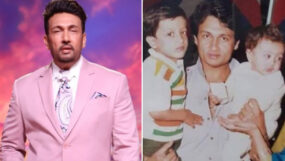

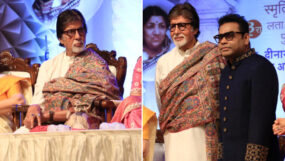

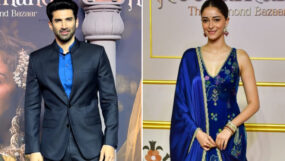



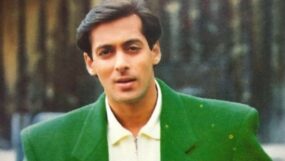

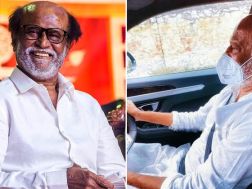
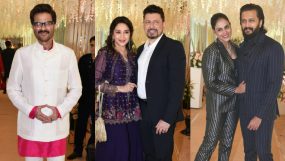
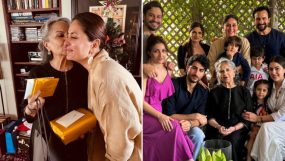
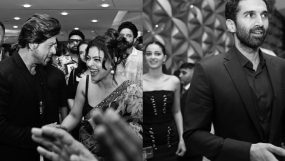
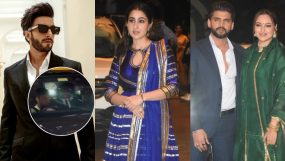


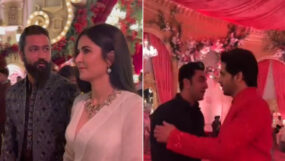
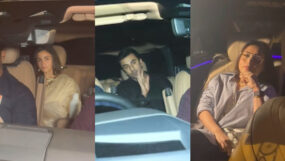

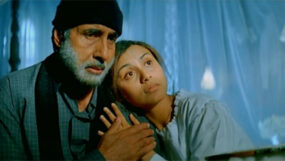
Leave a Reply